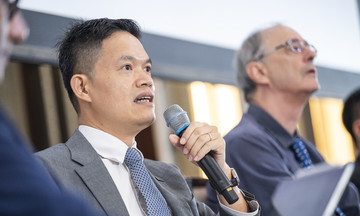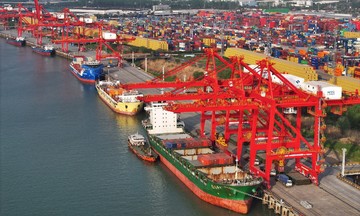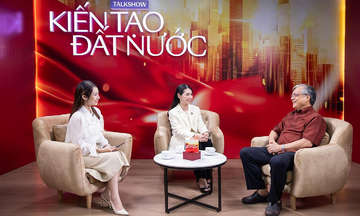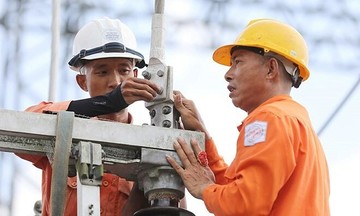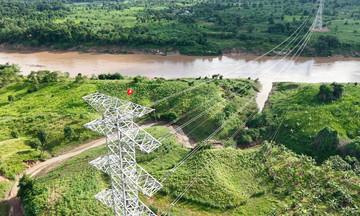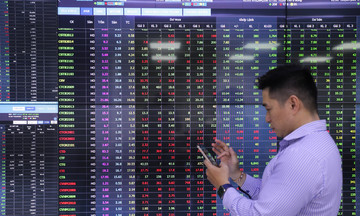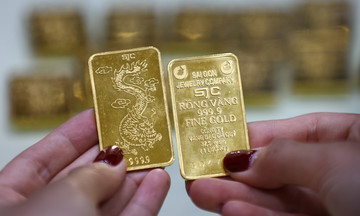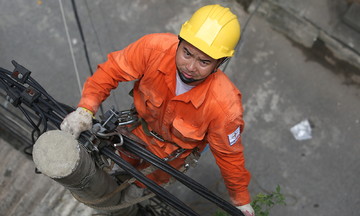Vo Diep Thanh Thoai, Head of High-Net-Worth Clients at DNSE Securities, shared his insights on personal finance in a recent podcast series on VnExpress. He believes 2025 presents significant growth opportunities due to supportive domestic policies, but also potential risks from global events.
Geopolitical tensions, especially the Iran-Israel conflict, and new US tax policies continue to pressure oil prices and transportation costs, increasing the risk of returning inflation. The US Federal Reserve (Fed) maintained interest rates in June and may lower them twice by the year's end. However, if this doesn't happen, many emerging economies, including Vietnam, will face pressure on exchange rates and inflation.
In contrast to global uncertainties, Vietnam's economy shows positive signs. The government targets 8% GDP growth and over 16% credit growth for the year. Q1 GDP growth was the highest in 10 years, excluding the post-pandemic rebound in 2022. Domestic interest rates remain low, supporting consumption and investment.
Vo Diep Thanh Thoai shares 3 investment channels for the second half of the year. Video: Van Ngoc
According to Thoai, these factors indicate Vietnam's rapid economic development, with many policies being enacted and implemented quickly, from market management to large-scale projects. As many countries ease monetary policies, growth assets will benefit, with stocks, real estate, and gold being three noteworthy channels.
Stocks are considered the most responsive. The VN-Index started the year around 1,250 points, and many stocks have since increased by 30-40%. Lower interest rates and bad debt resolution help businesses reduce capital costs, facilitating expansion, particularly in banking, securities, and real estate.
Along with the stock market, real estate is also recovering. Thoai believes 2025-2027 will be a new growth cycle for real estate, especially apartments and townhouses in major cities, due to high real demand and tightly controlled credit policies. The market-based land valuation mechanism also creates opportunities for investors holding land within planning areas.
While gold has limited upside potential, it remains important for portfolio diversification. It's a defensive asset, providing balance during market fluctuations. "Investing in gold means accepting low returns, but it's necessary to protect the portfolio," he emphasized.
Thoai recommends a diversified portfolio rather than concentrating on a single channel. Most funds should be allocated to stocks and real estate, which have strong growth potential in a cooling interest rate environment. Maintaining a certain percentage in gold provides a defensive buffer against unexpected market volatility.
He acknowledges that no one can predict economic developments perfectly, as the market always holds surprises. Investors should always have contingency plans.
"Investing isn't just about maximizing profits in favorable markets, but also about balancing risk and return for a safe and sustainable portfolio," he concluded.
Minh Dang



